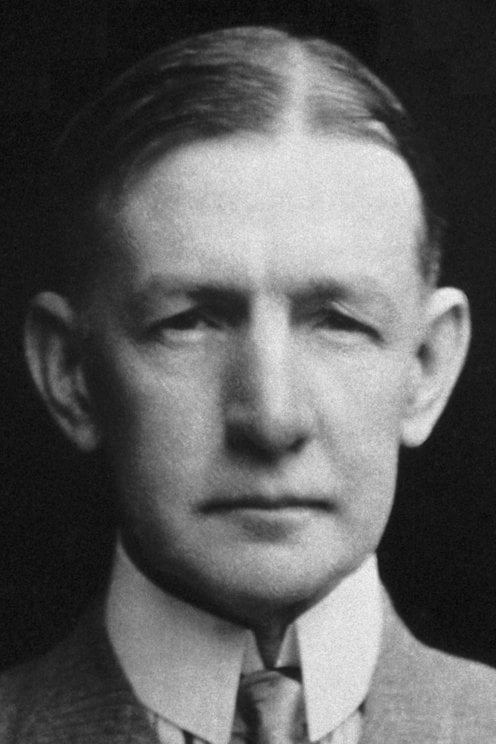
Charles Dawes
(1865-1951)

| Occupation |
U.S. Vice President (March 4, 1929 - March 4, 1933) United States Ambassador to the United Kingdom (June 15, 1929 - December 30, 1931) Director of the Bureau of the Budget (June 23, 1921 - June 30, 1922) 10th Comptroller of the Currency (January 1, 1898 - September 30, 1901) |
| Date of Birth |
August 27, 1965 |
| Date of Death |
April 23, 1951 |
| Place of Birth |
Marietta, Ohio |
| Place of Death |
Evanston, Illinois |
| Education |
Marietta College (BA) University of Cincinnati (LLB) |
| Civilian Award | Nobel Peace Prize |
| Military Service |
Allegiance United States |
|
Branch/Service United States Army |
|
|
Year of Service 1917 - 1919 |
|
|
Rank Brigadier General |
|
|
Unit American Expeditionary Forces Liquidation Commission of the Ware Department |
|
|
Battles/Wars World War I |
|
|
Military Awards Army Distinguished Service Medal |
|
| Parents |
Mary Beman Gates General Rufus C. Dawes |
| Spouse |
Caro Blymyer |
| Political Party |
Republican |
| Number of Children |
Four (including two adoptions) |
Vice President Dawes...
Charles Gates Dawes was an American banker, general, diplomat, composer, and Republican politician who was the 30th vice president of the United States from 1925 to 1929. For his work on the Dawes Plan for World War I reparations, he was a co-recipient of the Nobel Peace Prize in 1925. Born in Marietta, Ohio, Dawes attended Cincinnati Law School before beginning a legal career in Lincoln, Nebraska. After serving as a gas plant executive, he managed William McKinley's 1896 presidential campaign in Illinois. After the election, McKinley appointed Dawes as the Comptroller of the Currency, and he remained in that position until 1901 before forming the Central Trust Company of Illinois. Dawes served as a general during World War I and was the chairman of the general purchasing board for the American Expeditionary Forces. In 1921, President Warren G. Harding appointed Dawes as the first Director of the Bureau of the Budget. Dawes also served on the Allied Reparations Commission, where he helped formulate the Dawes Plan to aid the struggling German economy, though the plan was eventually replaced by the Young Plan.
I should hate to think that the Senate was as tired of me at the beginning of my service as I am of the Senate at the end.
—Charles G. Dawes
Currently, we do not have any books on Vice President Charles Dawes. Please check out our E-book collection.